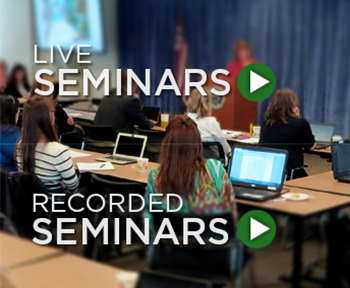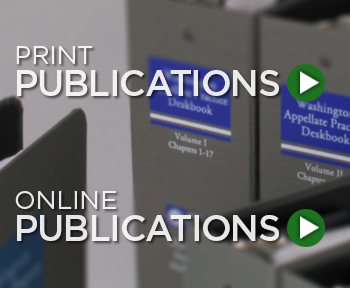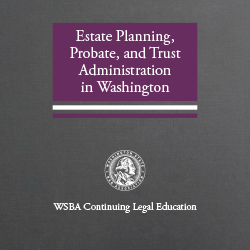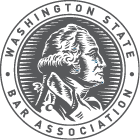

Featured Free Seminars

ADA Myth-conceptions
Two ethics experts discuss the latest guidance on using AI-enabled tools in your law practice and emerging tools. Ethics discussed include competence and confidentiality plus billing—or not billing—for AI-enabled tools.

Between a Rock and a Hard Place: Reporting Client Data and Your Duty to Preserve Client Confidentiality
As technology evolves faster than we can measure, what are our duties as practitioners when dealing with external funder requests for our client’s data? This CLE will focus on the recently published advisory opinion addressing reporting client data to legal aid funders (AO202402), and how to navigate the challenges that arise from these situations.

Wellness IS Ethics: Substance Use, Mental Health, and Liability in the Legal Profession
This seminar addresses the prevalence and impact of substance use disorders (SUD) and mental health issues among legal professionals, highlighting the ethical and liability implications for lawyers and law firms.

Rule of Law and Constitutional Crises for Lawyer Ambassadors
This on-demand CLE focuses on the Rule of Law in our constitutional democracy, threats to an independent judiciary and legal profession, and how to best communicate to the public about these important topics. The CLE is meant to fit in with the WSBA’s “Rule of Law Ambassadors” program.
Featured Publication

Estate Planning, Probate, and Trust Administration in Washington (2020)
This two-volume set replaces the Washington Estate Planning Deskbook and the Washington Probate Deskbook. Because most practitioners practice in both areas, and relevant topics rarely fit neatly into one or the other, we have created a comprehensive
resource that provides the authorities and the tools — including over 47 digital and customizable forms — Washington practitioners need to solve real problems in their practices.
Sponsorship Opportunities
 WSBA CLE, in partnership with the WSBA Sections, hosts a number of conferences throughout the state
annually. Learn about our sponsorship opportunities.
WSBA CLE, in partnership with the WSBA Sections, hosts a number of conferences throughout the state
annually. Learn about our sponsorship opportunities.
Please note: WSBA CLEs are produced by the Washington State Bar Association for the use of WSBA members. Neither the WSBA nor the contributors make express or implied warranties with respect to the use of the information presented. The views, opinions, and conclusions expressed herein are those of the authors and editors and are not necessarily those of the Washington State Bar Association or any division or committee thereof or individual members of the Washington Bar.







